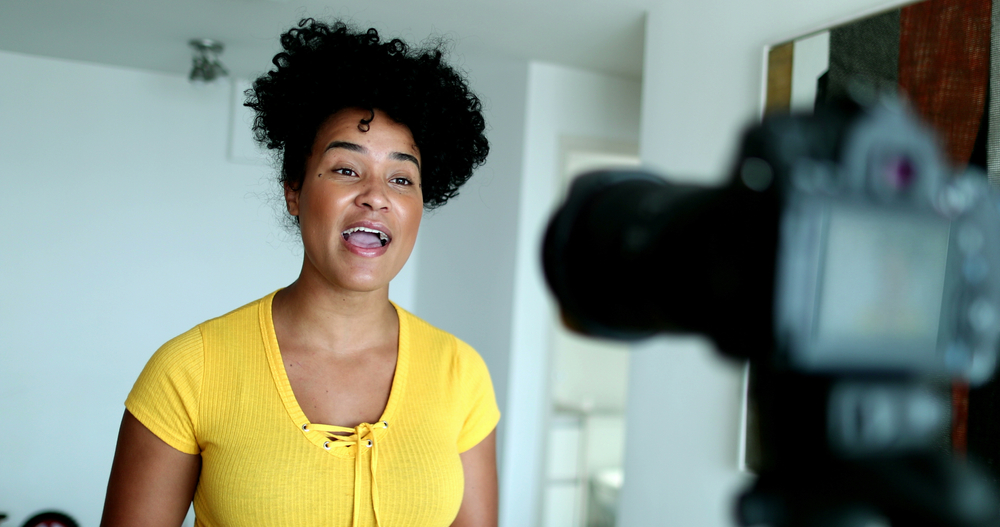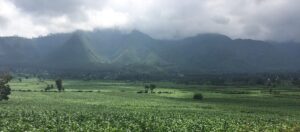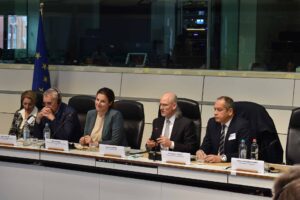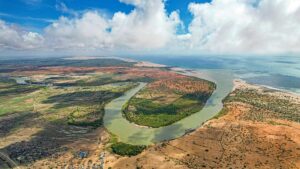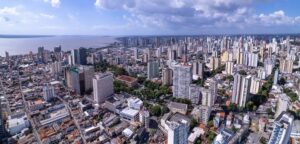Why water is so hard to talk about?
Water sits at the heart of the climate crisis, but raising awareness of its importance – and complexities – is rare in the public discourse. Why and how can this change?
“Two billion people experiencing water stress is one factor increasing migration. And still, we don’t talk about water. Why?”
This question was posed by Henrika Thomasson, Communications Director at the Stockholm International Water Institute (SIWI), in an open letter titled Follow the water!. It was a call to action for sustainability communicators to forefront water in their communications.
Back then, I was not working at SIWI. But as a sustainability science communicator, I was moved to join this mass movement and align forces. Still, I found it much easier to talk about food and biodiversity, even climate change. But water? Why was it so hard to talk about?
At World Water Week 2021, the Communication and Behaviour Change Accelerator will highlight the need for clearer and more comprehensive messages about water that create lasting change. Whether you are a blogger, influencer or researcher, a small business, communications agency, or journalist, you are invited to join. Together, we will learn how to stir the debate and foster behaviour that enables more climate-friendly action – by talking about water.
Görrel Espelund, Project Manager at SIWI and a Swedish journalist specializing in water and development issues, has helped us detect six pain points that hold people back from talking about water issues. Tackling these can put us all in a better position to bring about action.
Unconnected dots
It might not be so easy to see that education for girls is a water issue or that health is a water issue. Fighting hunger is a water issue, too. Basically, all of the Sustainable Development Goals are, in the end, water issues. Unless we make that connection visible and clear, people may fail to understand the urgency of the water crisis.
The usual narrative
It can be difficult to break away from old narratives, but the water crisis is not just about drought and flooding. By breaking away from disaster stories, we can make room for models of success. This could inspire people to take action instead of believing it’s already too late.
The media logic
To get your message across as a communicator, it is important to understand the media logic. Making stories of hope to global headlines is a huge challenge, but with effective communication and knowledge, it can be done.
Missing voices
People that suffer most from climate change are rarely present in the discussion. But if we don’t listen to the voices of the most affected, the stories we tell are incomplete. Amplifying diverse voices can make policy decisions more inclusive.
Choice of words
What should you say, and how should you say it? Choosing the right words can make a world of difference in making people feel included and motivated to take action.
Inaccurate or lack of information
Having accurate information is not only about being on point, it’s about being relevant where climate action is a sensitive issue. Did you know that water was excluded from the Paris Agreement? The complexities made it impossible. Addressing such complexities can level up your message around water issues.
So, what did Henrika mean when she wrote her letter? I think she meant that water is everywhere, yet it is unseen in the conversations we’re having about the climate crisis. Because water isn’t just a problem but part of the solution, finding water in our stories should be our priority as communicators.
We’re launching the Communication and Behaviour Change Accelerator at World Water Week 2021 to help journalists, bloggers, activists and communications professionals raise awareness of water’s importance toward lasting change. Learn more and sign up for the Accelerator.
The Accelerator is presented with the support of our lead partner, the Grundfos Foundation, with additional support from Water.org
